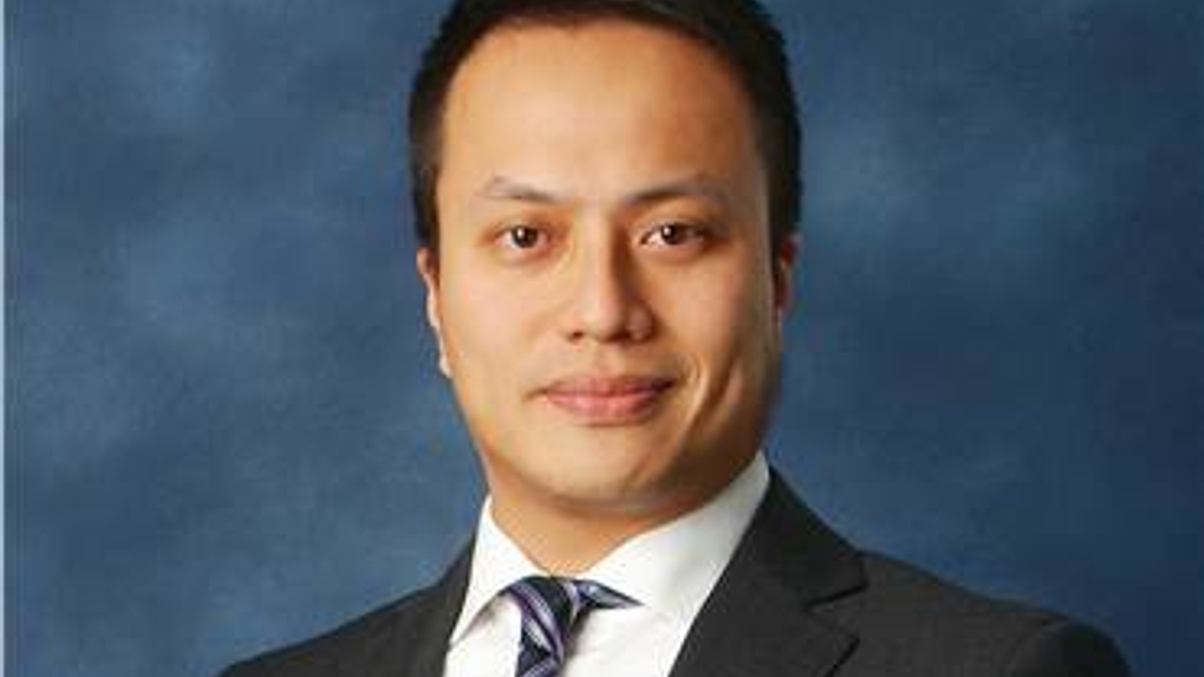Active funds can still compete in new MPF core structure
In spite of the fee cap, Allianz GI's Elvin Yu believes his firm can add value to the core MPF structure and maintain a viable business

Non-passive and more costly funds can still compete in Hong Kong’s occupational pension scheme, despite an upcoming launch for low-cost default products, says a local fund provider.
Sign in to read on!
Registered users get 2 free articles in 30 days.
Subscribers have full unlimited access to AsianInvestor
Not signed up? New users get 2 free articles per month, plus a 7-day unlimited free trial.
¬ Haymarket Media Limited. All rights reserved.


